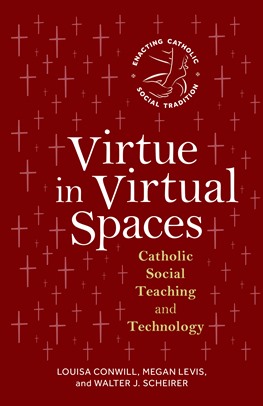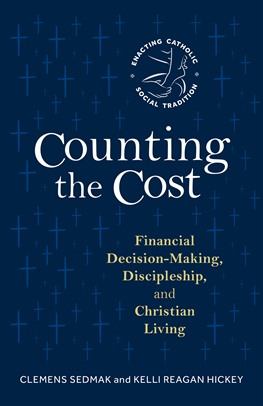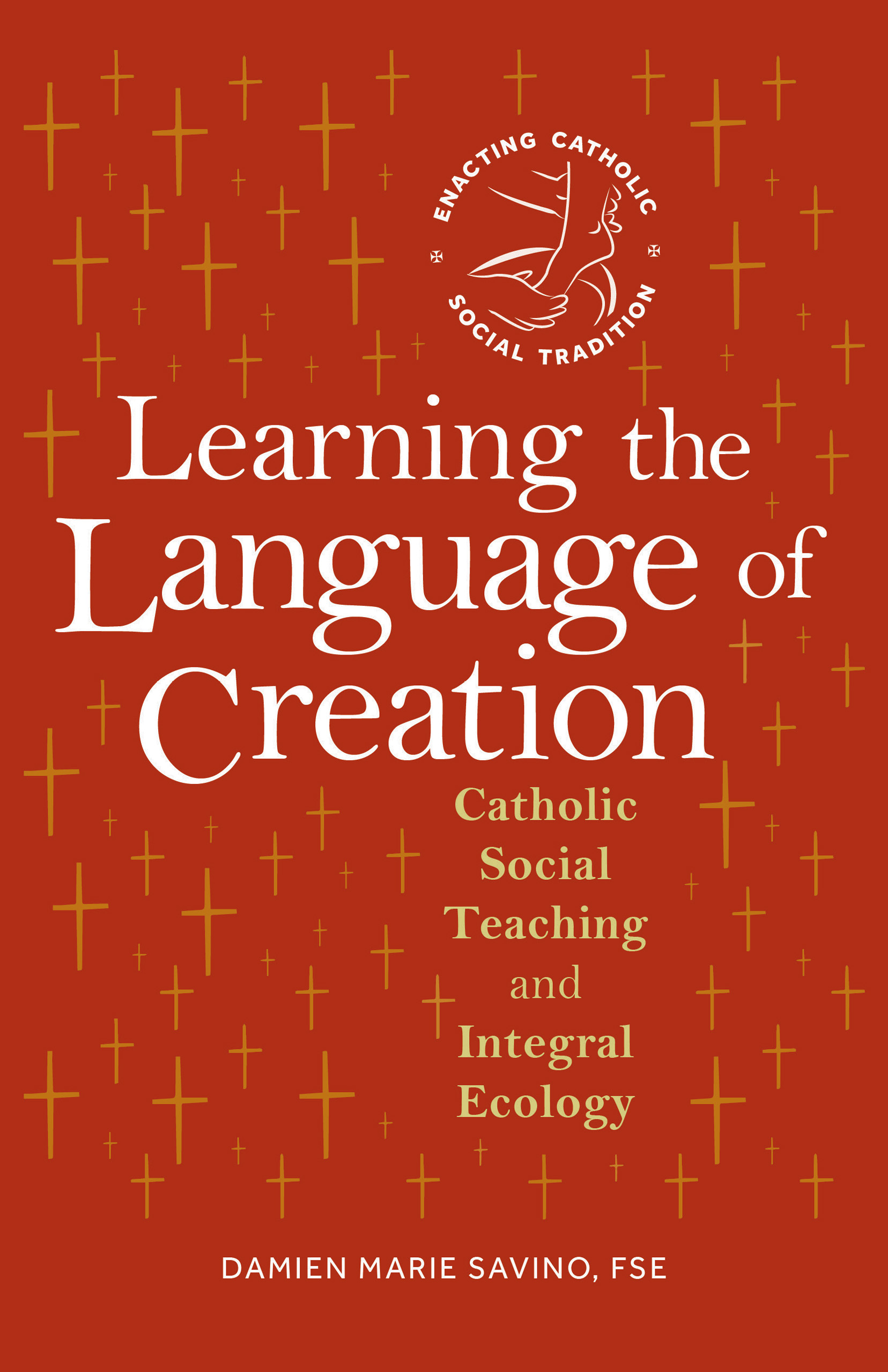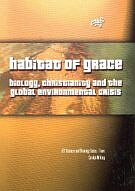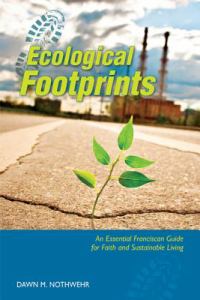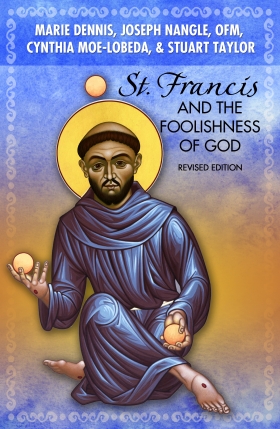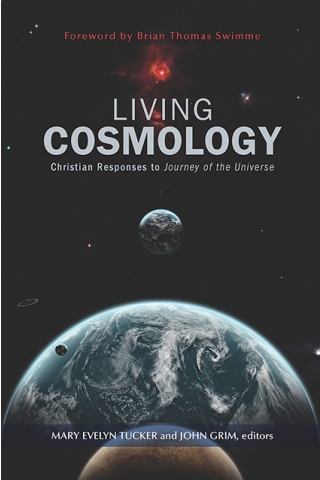“When the Lamb opened the seventh seal, there was silence in heaven for about half an hour.” (Revelation 8:1)
John’s Apocalypse, otherwise known as Revelation, is the final book of the Christian Bible and has retained over the centuries its climactic position in the Christian canon. Now our age is threatening its own distinctively “apocalyptic” climax: climate havoc. The synchronicity of the ancient imaginary with our own time gives one pause. But as Catherine Keller notes, the meaning of “apocalypse” is not disaster but “unveiling.”
In John’s first-century text she finds not a foretelling of future events, but an inspired “dreamreading” of fatal human patterns that offers a lens to understand our present reality—and perhaps inspire an ecological and social response that could alter self-fulfilling prophecies of doom.
Catherine Keller is George T. Cobb Professor of Constructive Theology in The Graduate Division of Religion of Drew University. She teaches and lectures across a broad spectrum of pluralist, ecofeminist, process, and political theology. Her many books include From a Broken Web; Apocalypse Now & Then; God & Power; Face of the Deep; On the Mystery; Cloud of the Impossible; and most recently, Political Theology of the Earth: Our Planetary Emergency and the Struggle for a New Public.

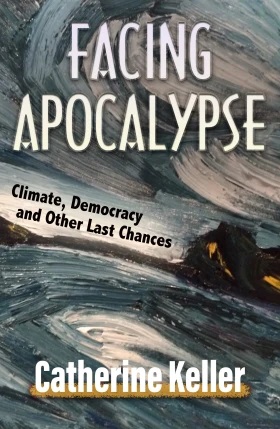
 Back
Back
